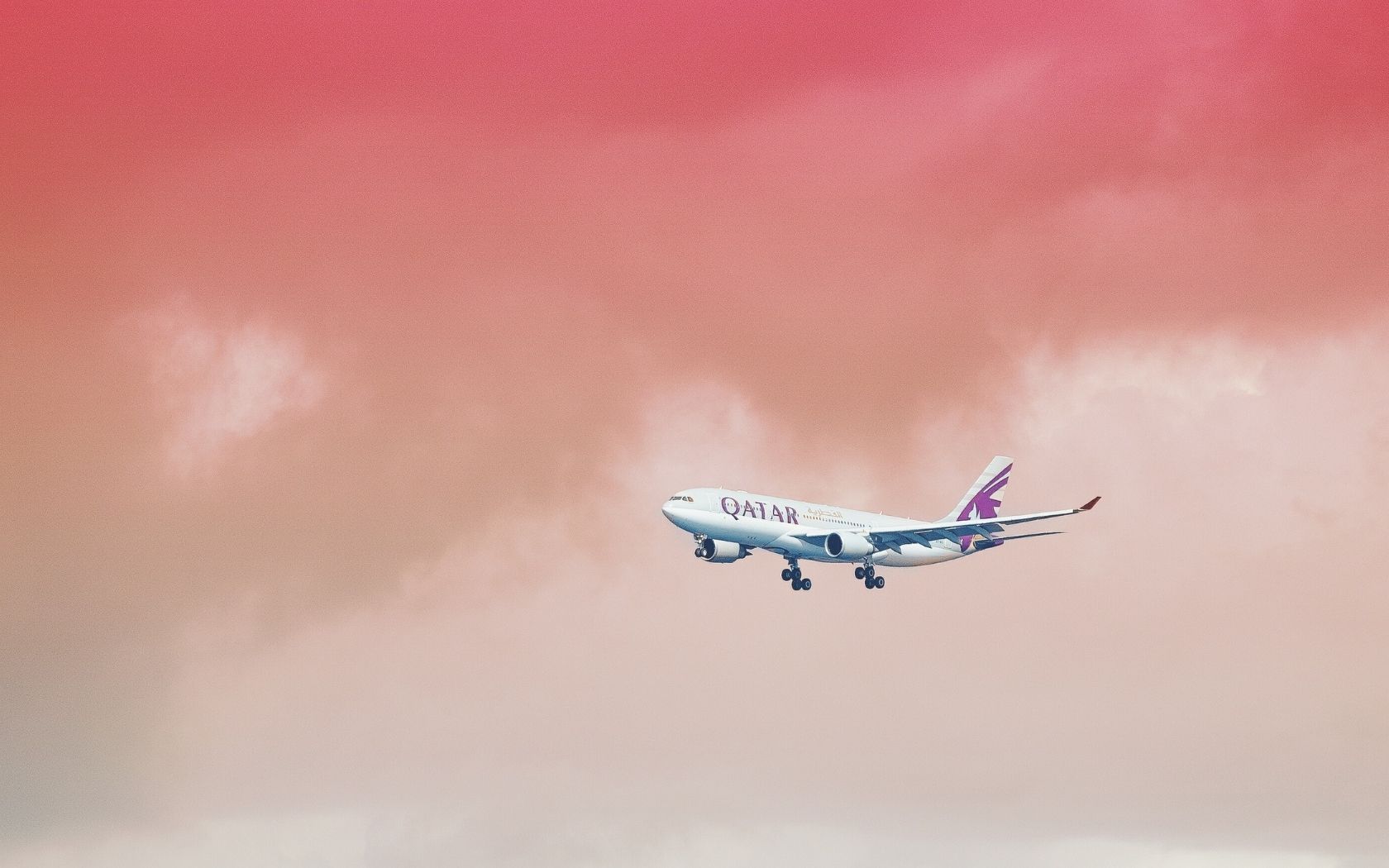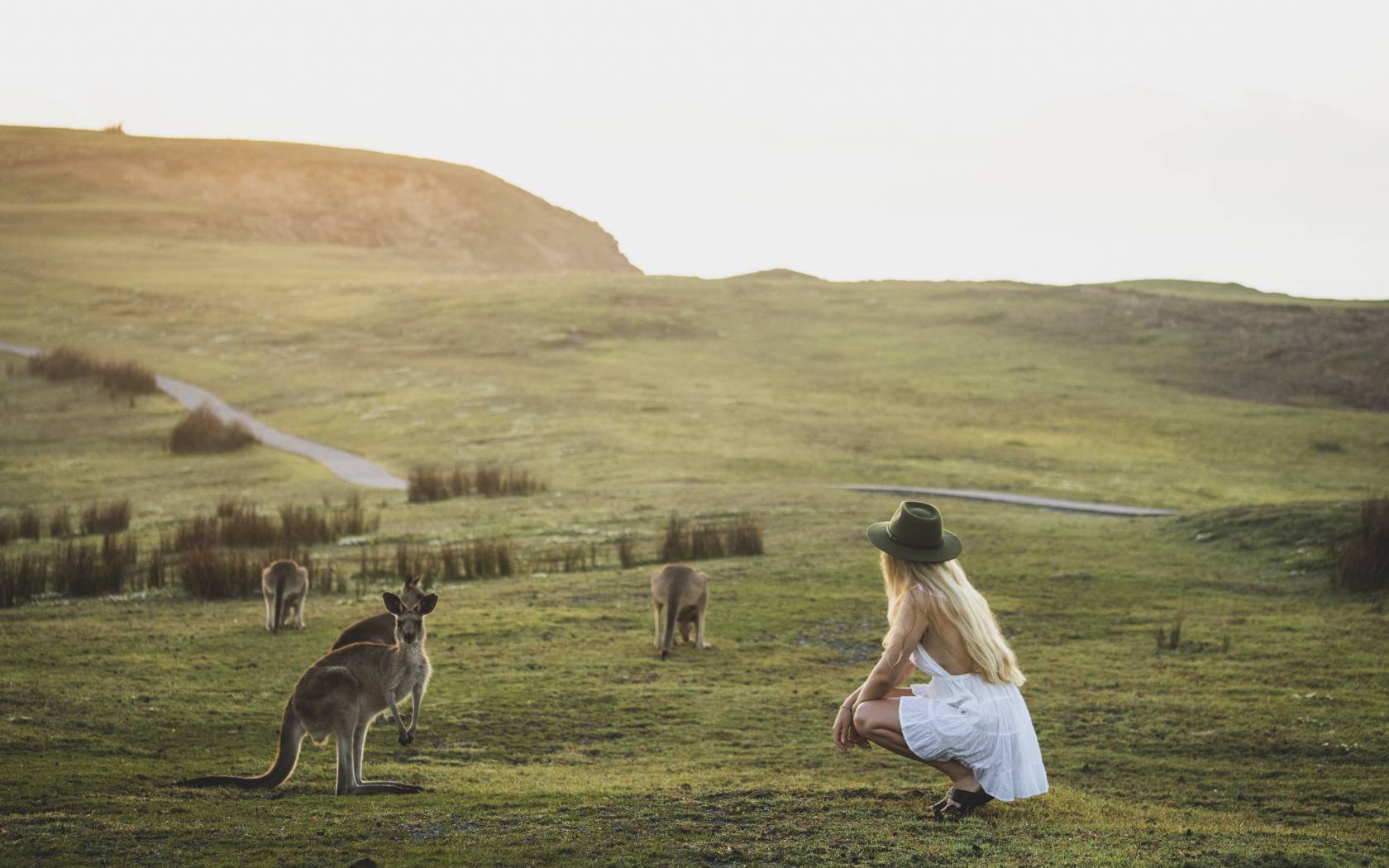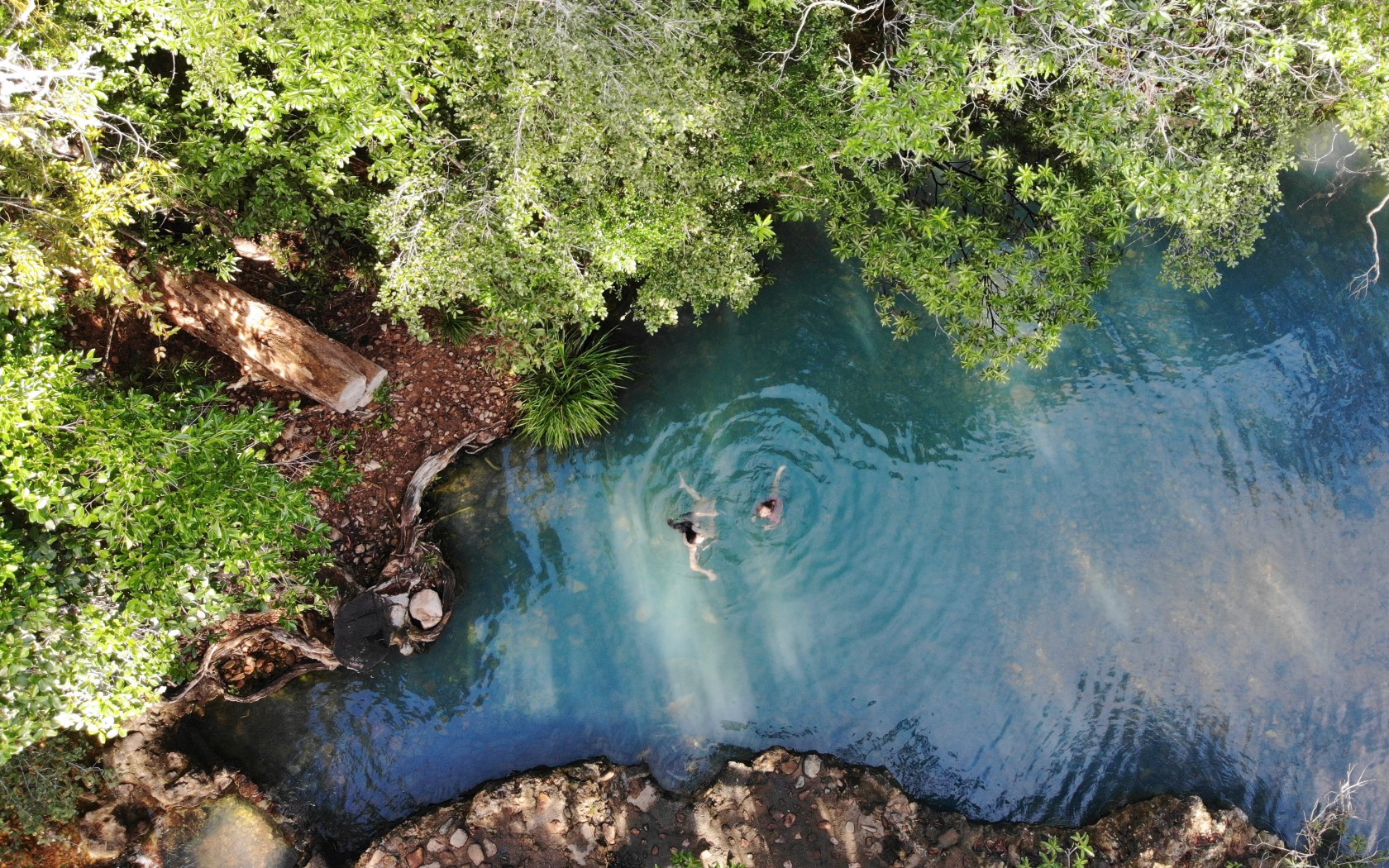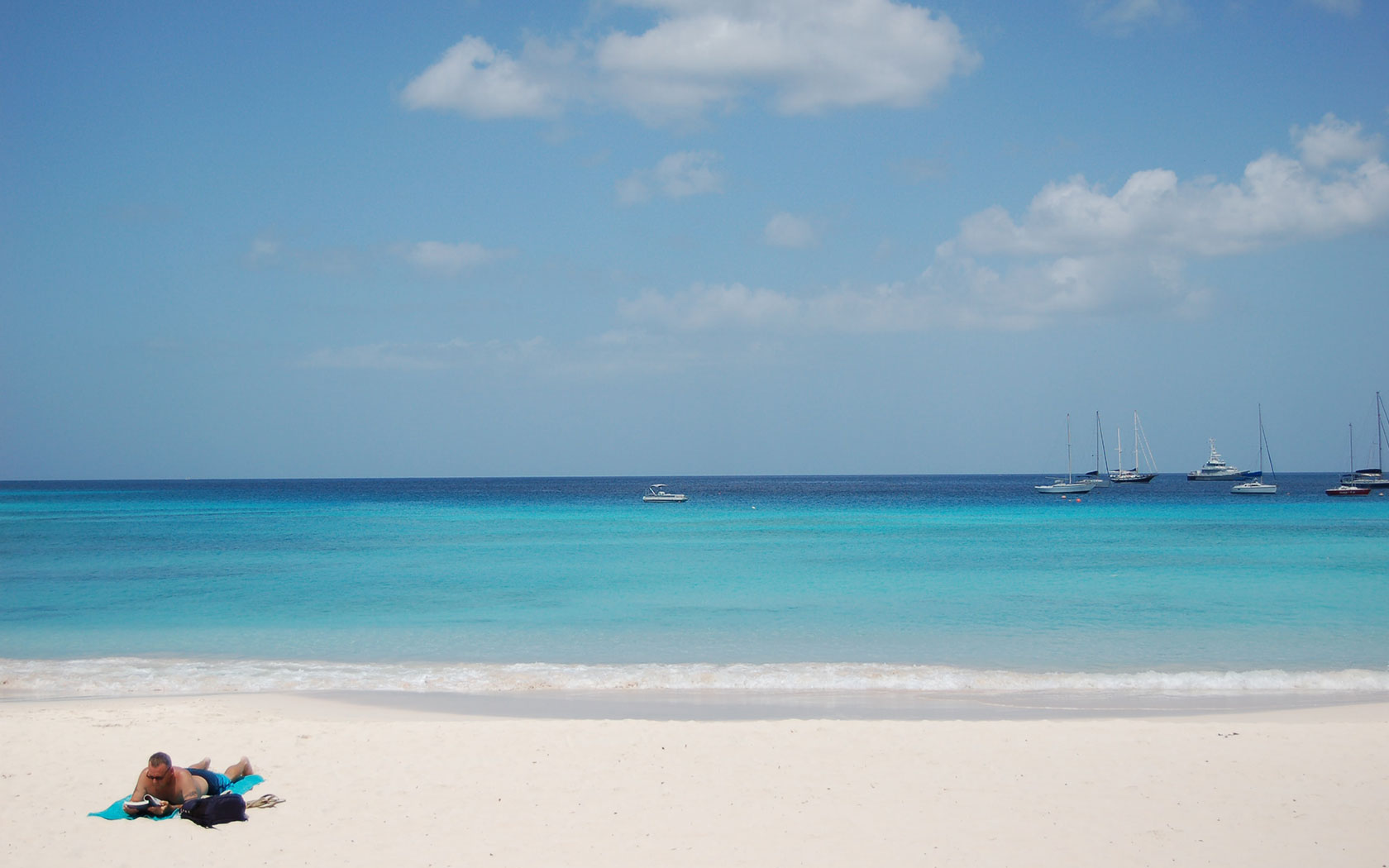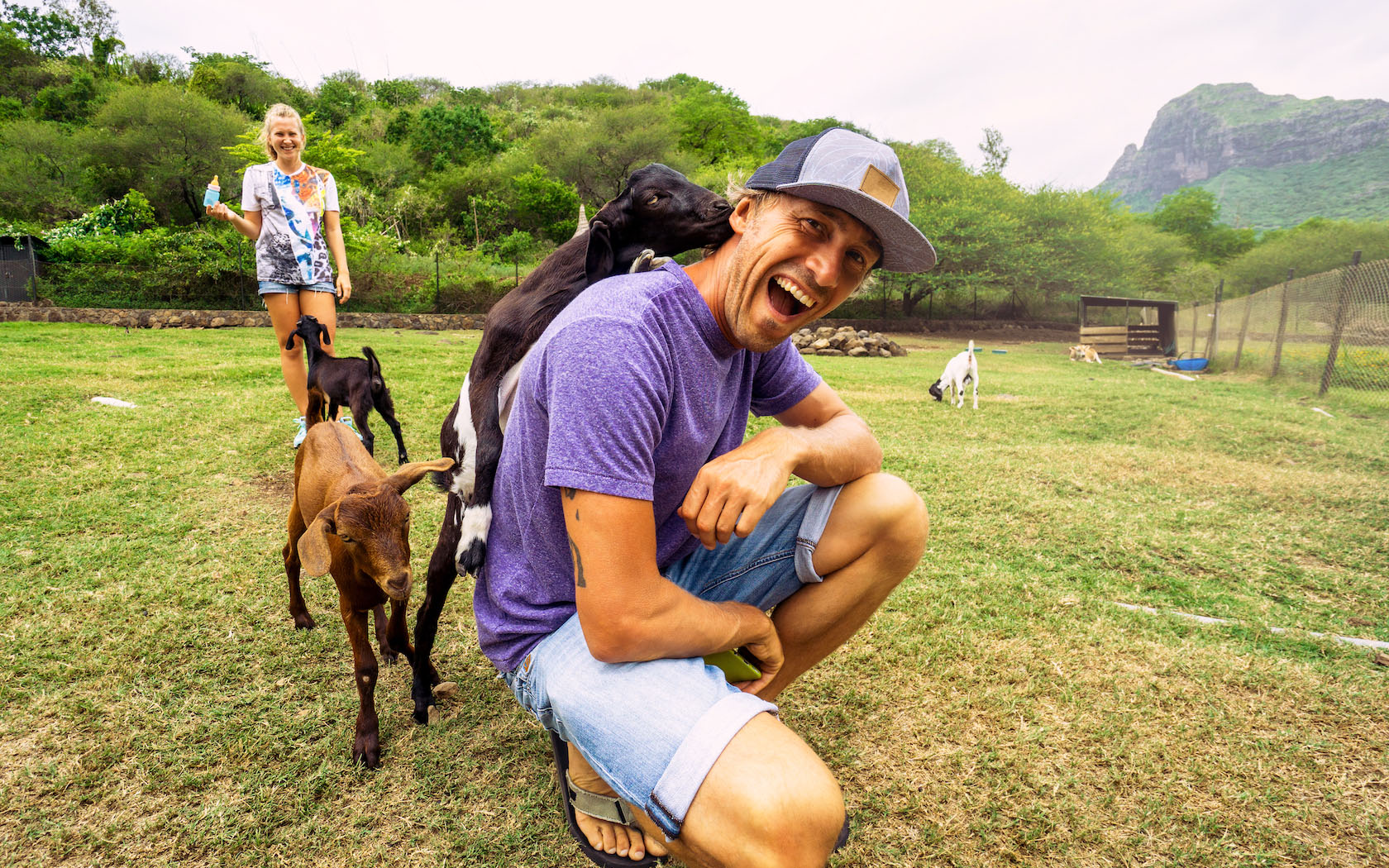A 6-Step Guide To Moving And Working Overseas (From Someone Who’s Actually Done It)

Sangeeta Kocharekar is a freelance travel writer. She grew up…
I was 22 when I thought about moving overseas and living in Sydney. I grew up in the US, but after a semester exchange at Sydney University and then a year-long Masters course there too, I was hooked on the city. The fact that I could potentially have a wildly successful career, but still live by a beautiful beach made my decision a no-brainer.
Fast-forward nearly 10 years and I’m still here. Sydney’s where I’ve set up my life and the place I now consider home. But the road to where I am now wasn’t easy. And there was a lot I wish I’d known.
So with that in mind, I’ve put together this handy guide about moving overseas. I’ve shared practical advice, but also gone into the behind-the-Instagram-scenes reality too. Between the two, this should have you covered.
How To Organise A Visa
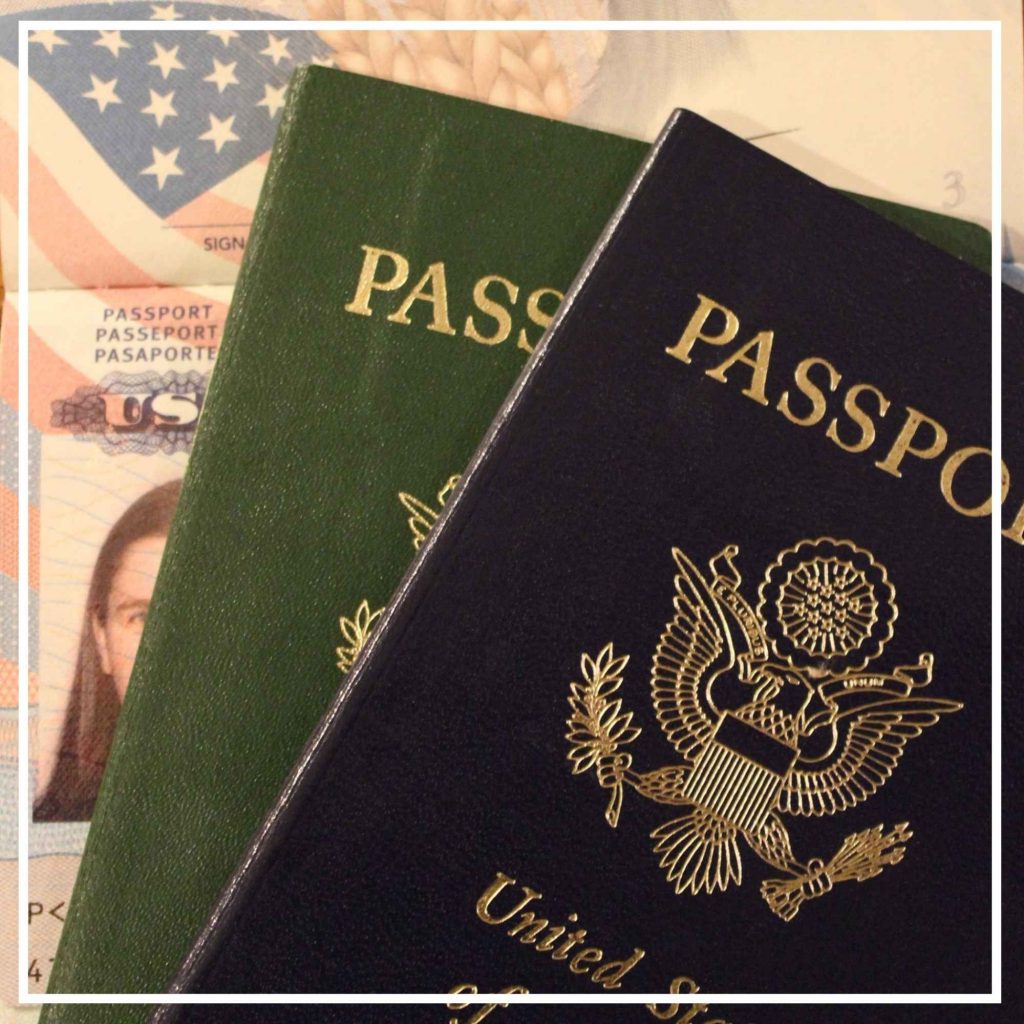
You’ve picked your international destination and you’re committed to moving and working there. Unfortunately though it’s not that easy. You’ll need to look into what visas are available in that country, what restrictions they have around working and whether or not you qualify for them.
Fortunately, Australia is part of the Working Holiday Maker program, which lets citizens of certain countries aged 18-30 live and work in its member countries. Keep in mind they’re short-term visas so if you think there’s even the slightest chance you’d want to stay long-term, I’d suggest you start looking at long-term visa options a few months in.
How To Pack
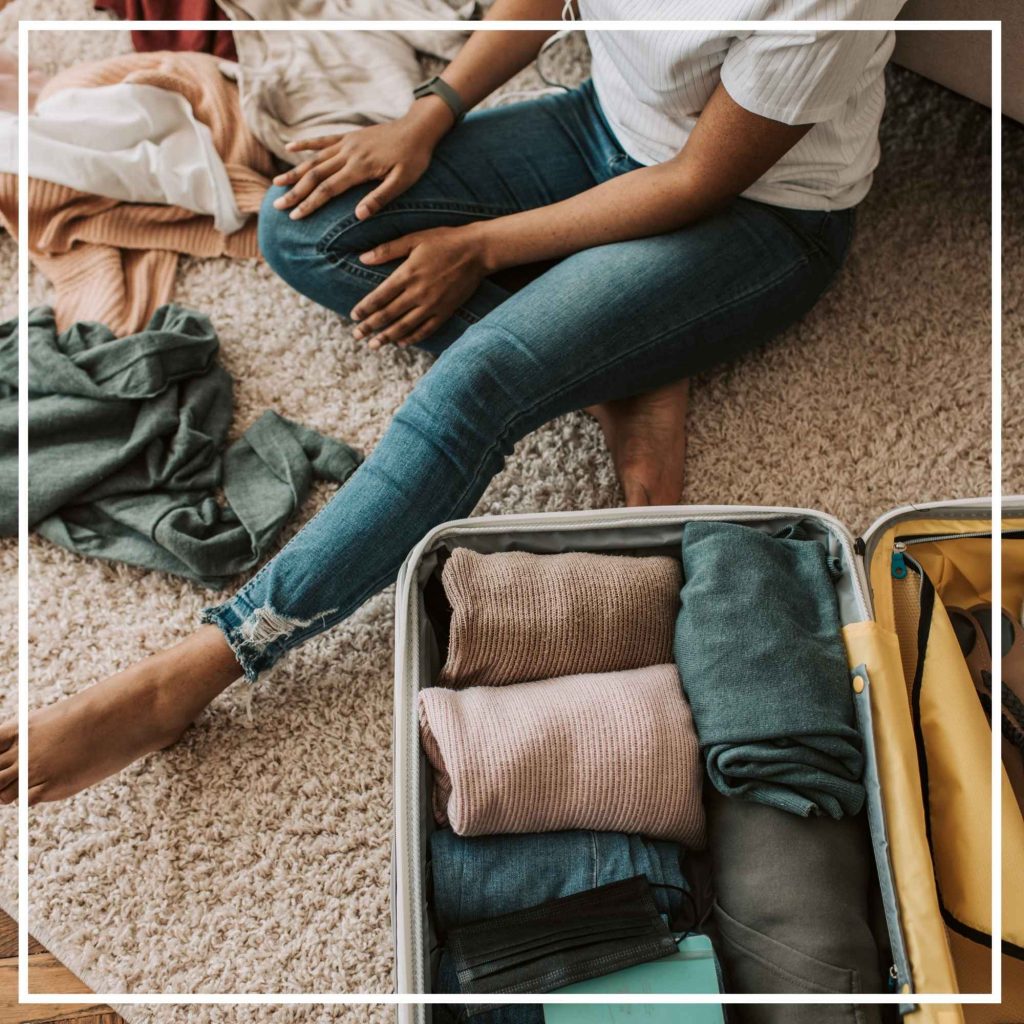
Once you have your visa sorted, it’s time to figure out what stuff you’ll be bringing when you’re moving overseas. Firstly, check online to see your airlines’ baggage allowance. Most often it’ll be one 23kg bag, which isn’t a lot when you’re planning for several months or more of being away.
But here’s what you have to remember: this is a different to a holiday. Even if you’re moving around, if you’re trying to work, it’s likely you’ll have to commit to being somewhere more than a few days. So there’s a good chance you’ll have a) access to a washing machine and b) money to buy new things if you want them. Checking what the country’s climate is like before you go is probably a good idea.
How To Find Somewhere To Live

Before moving overseas, you’ve lined up the basics, now comes finding somewhere to live. If you’ve never been to the place you’re going before and don’t know anyone there, I would strongly suggest you don’t organise a long-term rental from back home.
Instead, I’d recommend you find short-term accommodation, get a feel for the city and then begin the hunt. It’s more than likely you won’t have a car so doing this will also let you see how connected certain neighbourhoods are to public transport. Who you live with and where you live could potentially make or break your overseas experience so choose wisely.
How To Find A Job
Provided you’ve found a visa that lets you work, you’ll now face the task of job hunting. Do your research before you head over so you don’t waste time you could be spending getting to know your beautiful new home holed up in front of a laptop instead. Find out the main job sites in the country and, if possible, set up job alert emails.
In saying that, it’s always much easier to apply for roles when you’re already in the country. You’ll have a number set up so the employer can call you and if they ask you to come in for an interview the next day, you can.
How To Make Friends

Personally, I found having to find friends the hardest part of moving. Though I’d made friends when I’d studied in Sydney, when I moved back to live and work, I discovered most had left and I struggled to make new ones. After all, it’s much easier to make new friends when you already have some. You’ll be out and about more and be meeting their friends too.
It took me a good year and a half but eventually I developed a strong social circle – most of which is still intact today. I made friends through people I lived with, jobs I worked and through mutual connections from back home (I’ve never said no to a “My friend is moving to Sydney – you should meet up!”). Other ways to meet people are through workout groups, ex-pat meet-ups or even dating apps.
How To Deal With Tough Times

I hate to say it because I don’t want to put anyone off their plan, but I have to warn you: things will be hard. Being far away from family and friends, and often in opposite time zones, means you won’t have your support system around. Finding a career job will be harder without a network. Navigating your new home’s culture and customs will be tricky.
But I can promise you moving overseas will definitely be worth it. Every clichéd thing you’ve heard or read about moving and working overseas is true. You’ll “have the time of your life”, “grow as a person” and “learn to love yourself”. And who knows… like I did, you might never leave.
Sangeeta Kocharekar is a freelance travel writer. She grew up going on trips to India and Europe on school holidays, and hasn't stopped travelling since.



